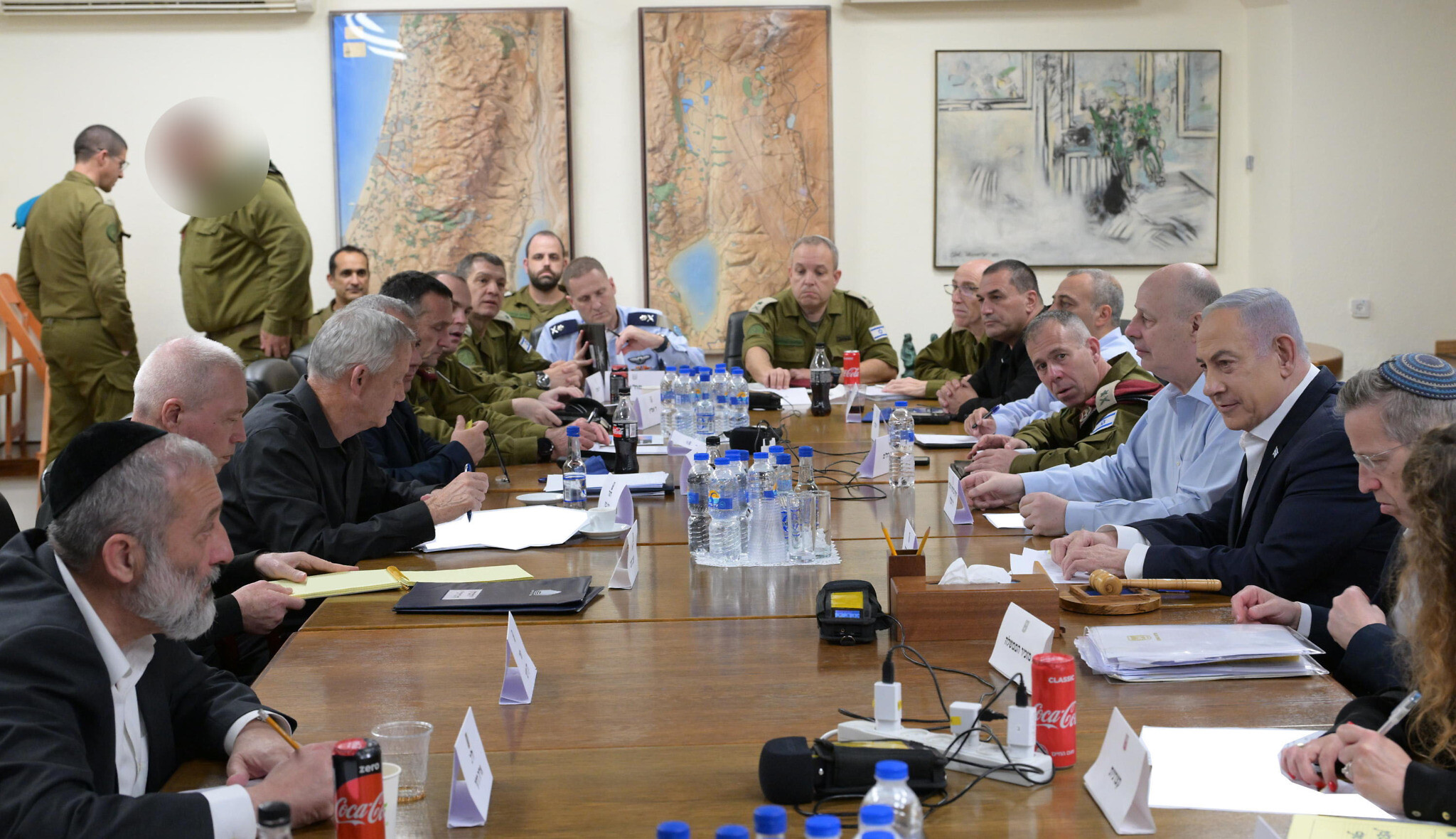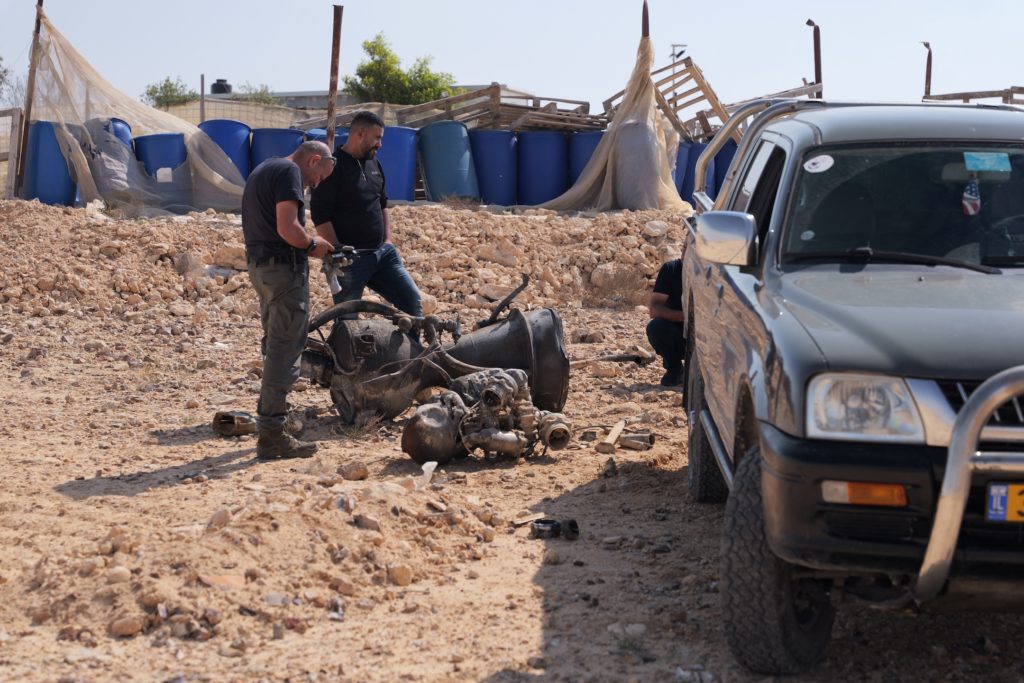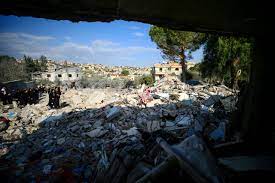Intensifying Conflict in Lebanon: Israeli Strikes and
Diplomatic Stalemates amid Hezbollah Retaliation
The ongoing conflict between Israel and Lebanon has seen an
alarming surge in violence, with recent Israeli airstrikes on the eastern
Lebanese city of Baalbek in the Bekaa Valley resulting in 40 fatalities,
according to Lebanon's health ministry. This escalation follows a year-long
exchange of fire between Israel and the Iranian-backed Hezbollah militia, which
has intensified since late September. Israeli forces have increased aerial
bombardments in southern and eastern Lebanon and have made ground incursions
into several border towns.
The latest strikes targeted Baalbek, killing 40 individuals
and injuring 53 others. Concurrently, Israel’s military launched additional assaults
on the southern suburbs of Beirut, an area frequently associated with Hezbollah
activities. Israel has also issued evacuation orders to residents in certain
neighborhoods in these southern suburbs before executing two waves of strikes
late on Wednesday and early Thursday. Lebanese media outlet Al Jadeed reported
that at least four separate airstrikes took place Thursday, though no casualty
details have yet emerged.
In response to these escalating attacks, Hezbollah leader
Naim Qassem expressed skepticism about the efficacy of diplomatic channels in
ending the hostilities. Qassem indicated that indirect negotiations could be
feasible if Israel ceases its aggressive actions. He outlined that any
discussions would occur through the Lebanese state, with the speaker of
parliament, Nabih Berri, potentially facilitating talks.
U.S. diplomatic efforts, including a proposed 60-day
ceasefire, recently fell short of success amid the American electoral climate,
with Lebanon suffering significant casualties and destruction. Over 3,000
Lebanese civilians have reportedly been killed in Israeli airstrikes this past
year, with a majority of these casualties occurring over the past six weeks.
Rescue operations continue across affected areas, such as Barja, a town south
of Beirut, where a recent Israeli strike demolished a residential building and
killed 20 people. Moussa Zahran, a resident of the destroyed building, returned
to sift through the remains of his home while his wife and son, who were
injured in the attack, remain hospitalized.
Hezbollah has continued retaliatory measures against Israeli
military targets. On Wednesday, it launched missile strikes toward an Israeli
military installation near Ben Gurion Airport, Israel’s main international hub.
Though Israel’s defense system intercepted some projectiles, several missiles
breached Israeli territory, heightening security concerns. Israeli officials,
including Prime Minister Benjamin Netanyahu and newly appointed Defense
Minister Israel Katz, have reaffirmed their commitment to neutralizing
Hezbollah’s influence in the region. Katz stated that the objective is to
enable displaced Israelis to safely return to their homes in northern Israel.
Diplomatic efforts face major hurdles as both sides remain
resolute. Lebanese parliament speaker Nabih Berri, a Hezbollah ally, recently
held discussions with U.S. and Saudi representatives to examine possible
diplomatic interventions. However, Lebanon’s political dynamics remain tenuous,
especially following the U.S. presidential election, where Trump’s victory has
garnered mixed reactions in the region. While Netanyahu welcomed Trump’s
electoral success, senior Hamas official Sami Abu Zuhri indicated that Trump
would soon be tested on his campaign assertions that he could resolve the Gaza
conflict swiftly.
This escalating regional conflict highlights Lebanon’s
growing humanitarian crisis as diplomatic efforts falter. The continued
violence has put Lebanon’s fragile infrastructure under immense pressure and
raises urgent questions about the future of peace in the Middle East. As
Lebanon grapples with the toll of warfare, the road to peace remains uncertain
amidst rising tensions and the resumption of hostilities.










.jpg)